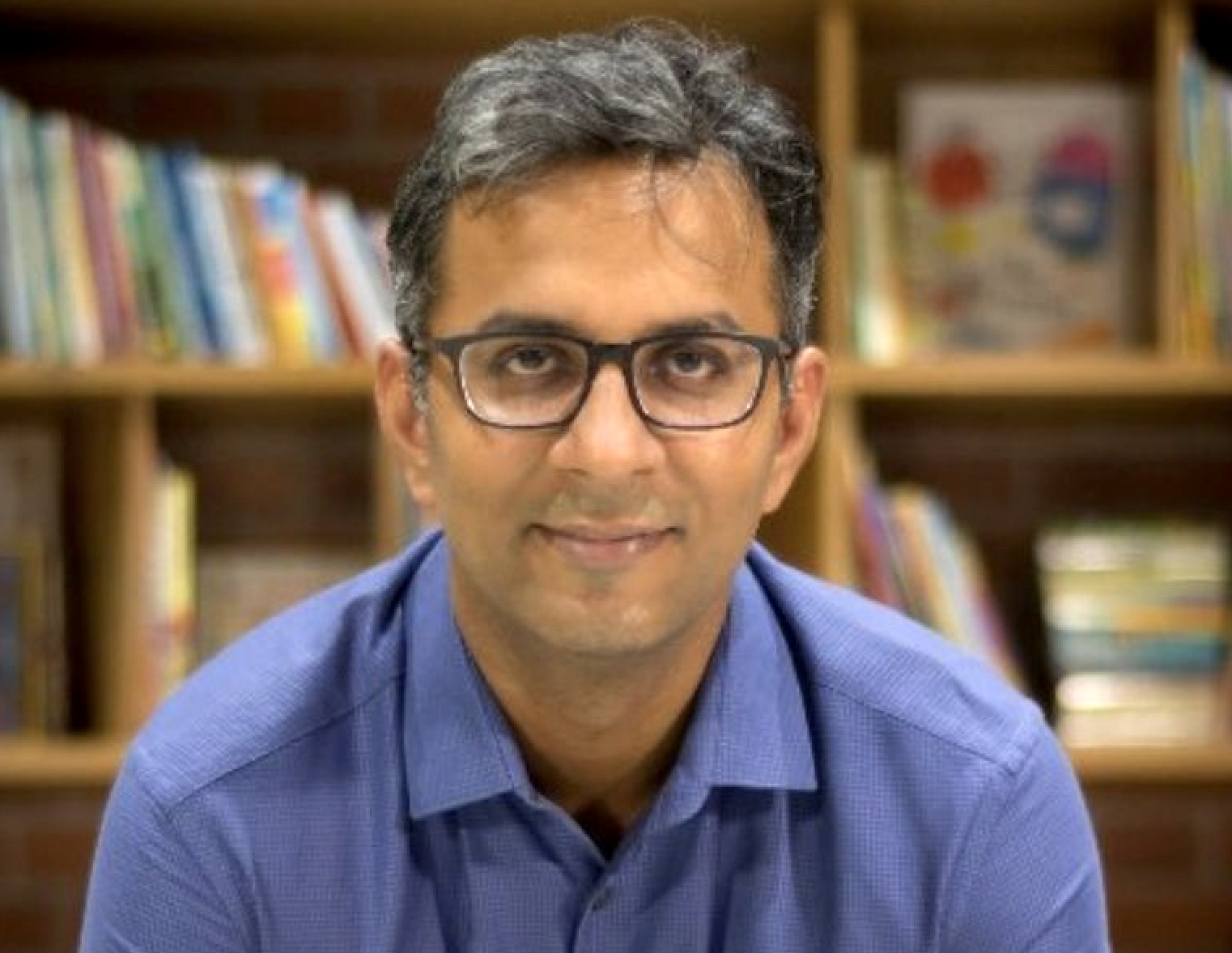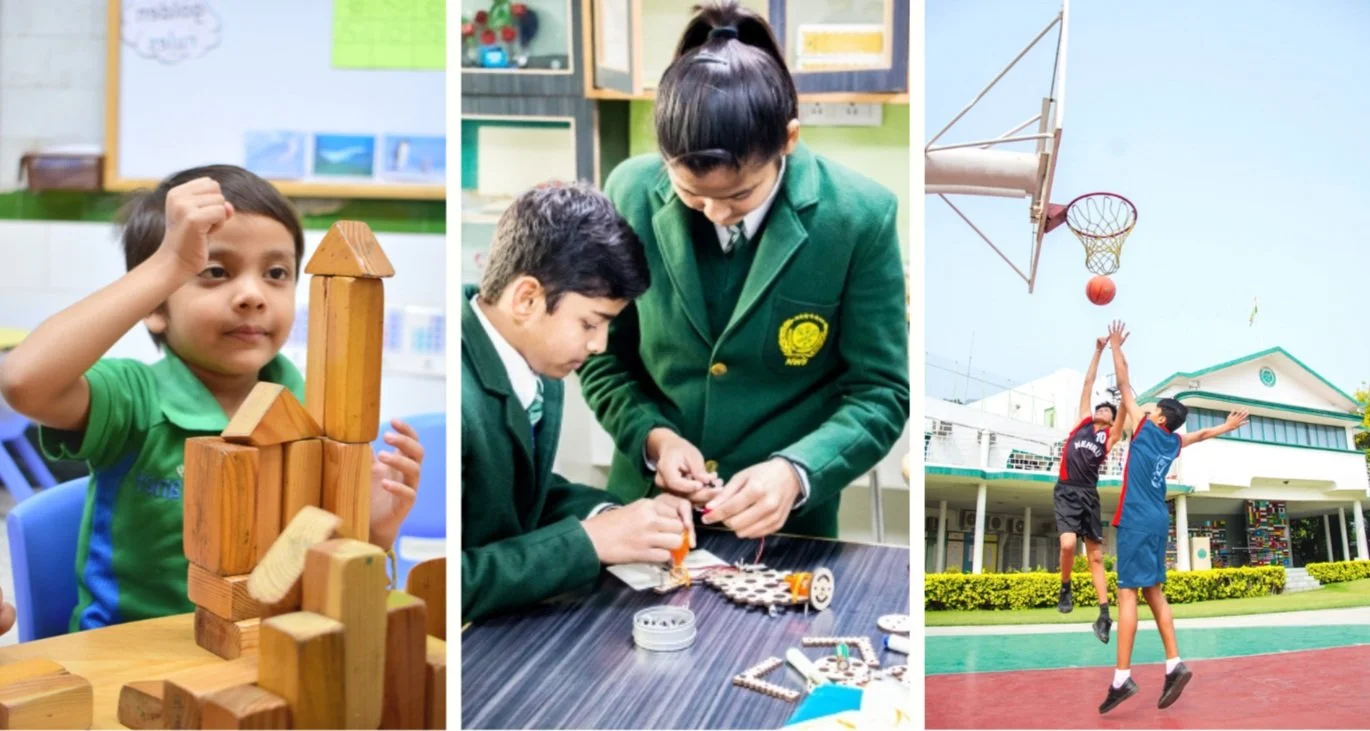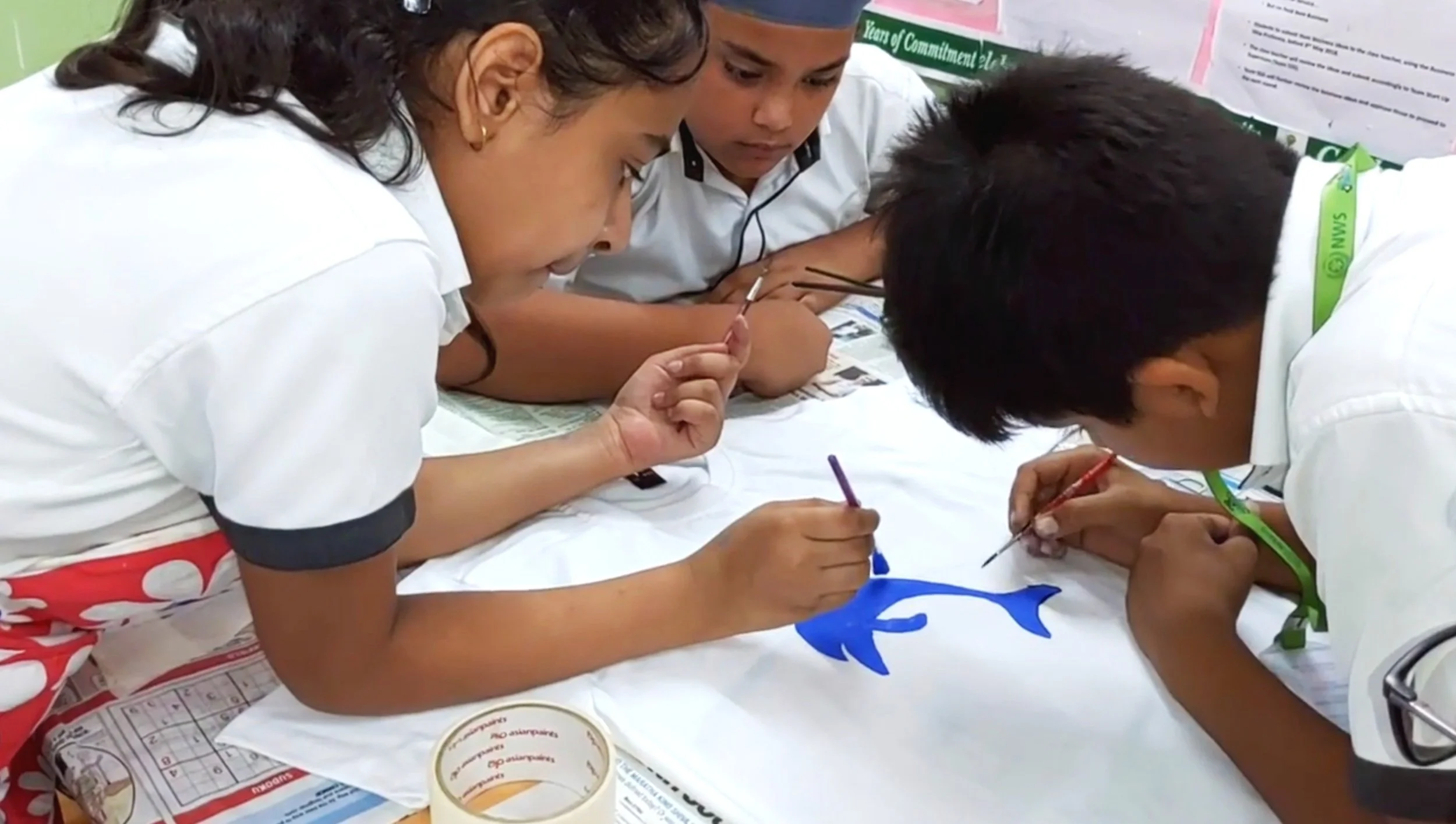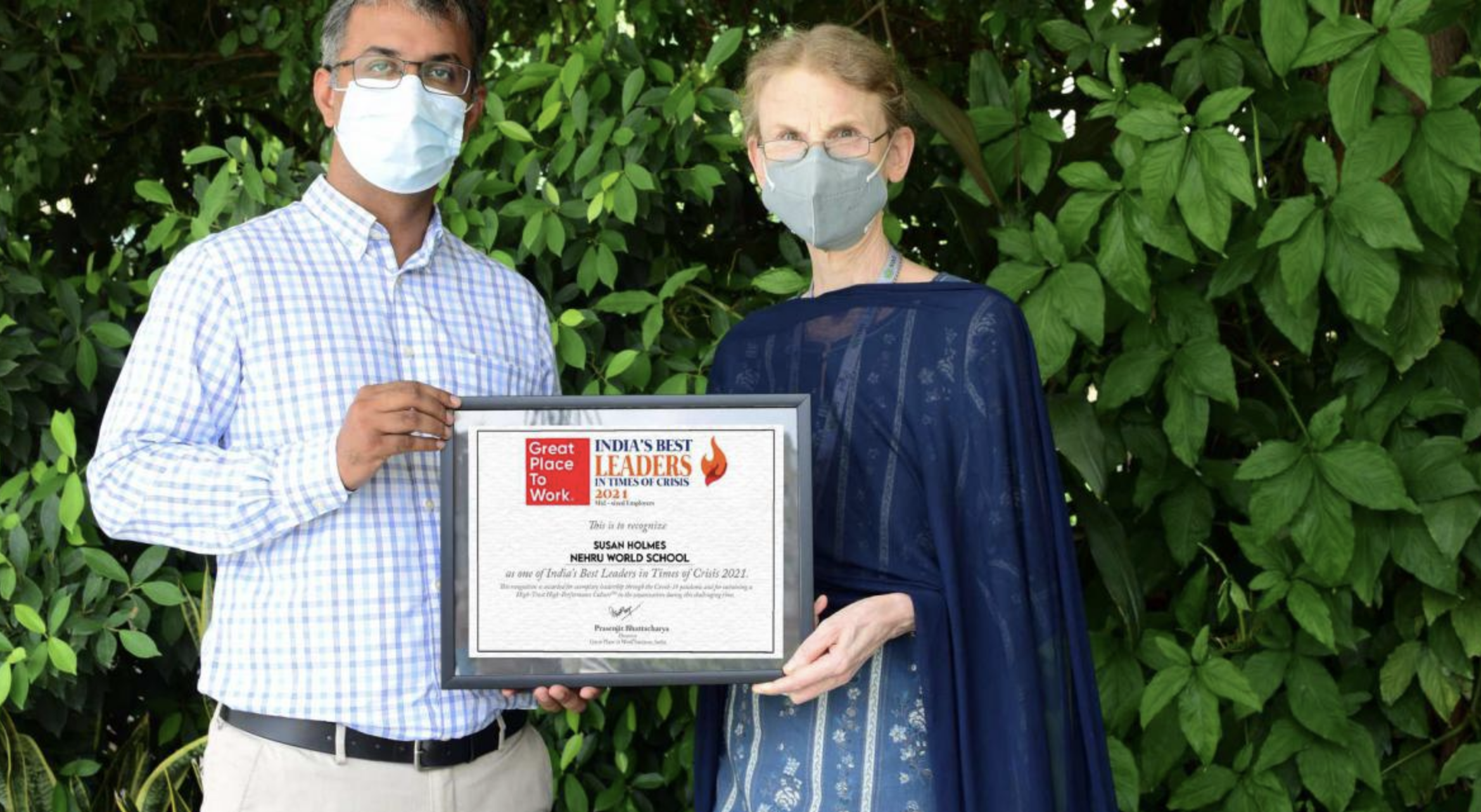Dr. Arunabh Singh
Dr. Arunabh Singh is an educational visionary, a renowned keynote speaker and an entrepreneur chairing the Federation of the Indian Chambers of Commerce and Industry. Above all he is an outstanding educator and school leader who has transformed Nehru World School in Ghaziabad, India for the last two decades. We met with Dr. Singh to talk about his pioneering work, teacher enablement and some of the exceptional learning initiatives developed by his school.
Arunabh, you are running an award-winning school and the list of your achievements is getting longer each year. Congratulations on the latest recognition as ‘School of Eminence 21-22’, the A+ rating by EducationWorld, and for being confirmed as a DSD PASCH certified school by the Central Agency of Schools Abroad (ZfA).
Thank you. This accomplishment is a result of the dedication and perseverance of our teachers, students and parents. I am just a fortunate captain of a fantastic team who often gets me to the podium to collect awards on behalf of the faculty. I am a firm believer that a school is only as good as the quality of the teachers and this depends on the capacity, the motivation and how ready the faculty is to collaborate with each other. Where do I come into this? Perhaps having tried over the years to build an ethos, a culture at the school were everyone can thrive. But the true credit goes to the teachers and staff that make it all happen.
How did you get into education and what has shaped you as a leader?
After finishing my high school, I went to the Hindu College in New Delhi, which is one of several central government-run colleges of the Delhi university. The fees are designed to be extremely affordable and yet the school is extremely competitive. If you didn’t have 100% marks you didn’t get in. That was my first experience and I thought that was how learning was everywhere. I went on to Kings College London for a master of education and majored in management. I was told that I was only the second Indian on that course in the past 150 years of the college. That experience, studying in central London at the time, blew me away. I understood why some of the students become inventors and explorers in later life as education at Kings was so different to what happened back home in India. I realised that we needed to change. I returned to India in 2006 and joined Nehru World School. The rest is history.
What changes did you manage to implement when you started as a director?
I believe that the key to improvement is to implement small changes. So when I started at the school, we looked at changing the experience for our youngest students in nursery. The education policy back then was strict but the early years weren’t part of the governmental framework, so that’s why we could make changes immediately. Gradually, we raised the quality of teaching and worked on the mindsets of teachers. In 2006, the journey of transforming ourselves as a school really started. We kept moving forward with that new group of younger students. However, one of the biggest achievements throughout the years was the high retention of teachers and students. Hardly anyone leaves the school - unless they have to move away. I am very proud of that.
Today you are running a very successful school with around 1600 students and over 100 teachers, and you keep launching innovative projects that are recognised around the world. Can you tell us more about the ‘Math Around Me’ and ‘I Can’ projects?
We believe that gamification of learning can set new impulses. We were thinking of how to get students to think about mathematics away from classroom teaching. So we came up with the idea for ‘Math Around Me’ where we took into consideration, especially during the pandemic, that students are very active on social media channels. We cannot stop them from using it but how can we leverage it for learning? So our concept encouraged students to discover math around them and make a short video and post it. The students were so creative, they spotted math in a brick wall, in a timetable or in a pizza slice. Around 500 videos were made and we opened it up for other schools. We started to engage kids in different ways and made them realise that math is so much part of their lives. Suddenly math was a cool thing to talk about in classrooms. Following this path is our ‘I Can’ project. The idea here was to make all of think what we can actively contribute. We are all busy blaming politicians or governments for what they do not deliver instead of asking what can I do? So based on what each of us can contribute, we asked the kids for a one-minute video of what they think can do for the community, country, family or friends.
Another creative initiative is ‘Start-Up SuperStars’. Could you share the concept behind the inspiring project?
Three years back we developed ‘StartUp Super Star’, a school entrepreneurship programme. Each student from grade 1 to grade 10 is expected to put forward a business idea. 5-year olds are of course just learning how to write, so they will get support. We may give them a template of a business idea. When students develop their business idea, first they have to do a prototype and present it to the class. So the class becomes the ‘fish tank’ and judges the idea on the basis whether it’s sustainable, unique and scalable. The school then funds each of the selected ideas with some start up capital. The students have to write a business plan, balance sheets, promotional work and they reflect on the learning outcomes throughout the year. At the end of the year we showcase the best ideas and the class can decide what they do with the proceeds, either give it to charity, invest it again or organise a party. This project promotes many of the desired skills and competencies our students need. We are currently speaking to Amazon whether we can have an e –shop for the students, so they can learn how to do business online. This is the reality the students are born into and we want them to prepare for what’s around them today.
Where do you see education going?
The rate of change is increasing and education always had a catch up game to play. What we are catching up to is rapidly increasing in volume and in depth. If we don’t keep up with it, we become pre-historic. The biggest challenge for schools is - how do we stay relevant for the real world needs of the students? At Nehru, we call this ‘the real world approach’ which is a challenge for everyone. During the pandemic, it was probably the first time for teachers worldwide facing and solving the same problems. It proved that overnight change is possible, like the switch to online learning. It also means that school leaders need to be critical and forward-thinking. I am determined to keep the good things we’ve learned during the pandemic. For example, we will definitely keep online learning going. We have extreme climates here, very cold winters and hot summers with temperatures up to 44 degrees. In the past, we had to close school due to these harsh conditions. Now we can switch to online learning and keep going, and never lose a school day again.
Thank you, Arunabh. Keep pioneering! For more information about NWS visit: www.nehruworldschool.com





